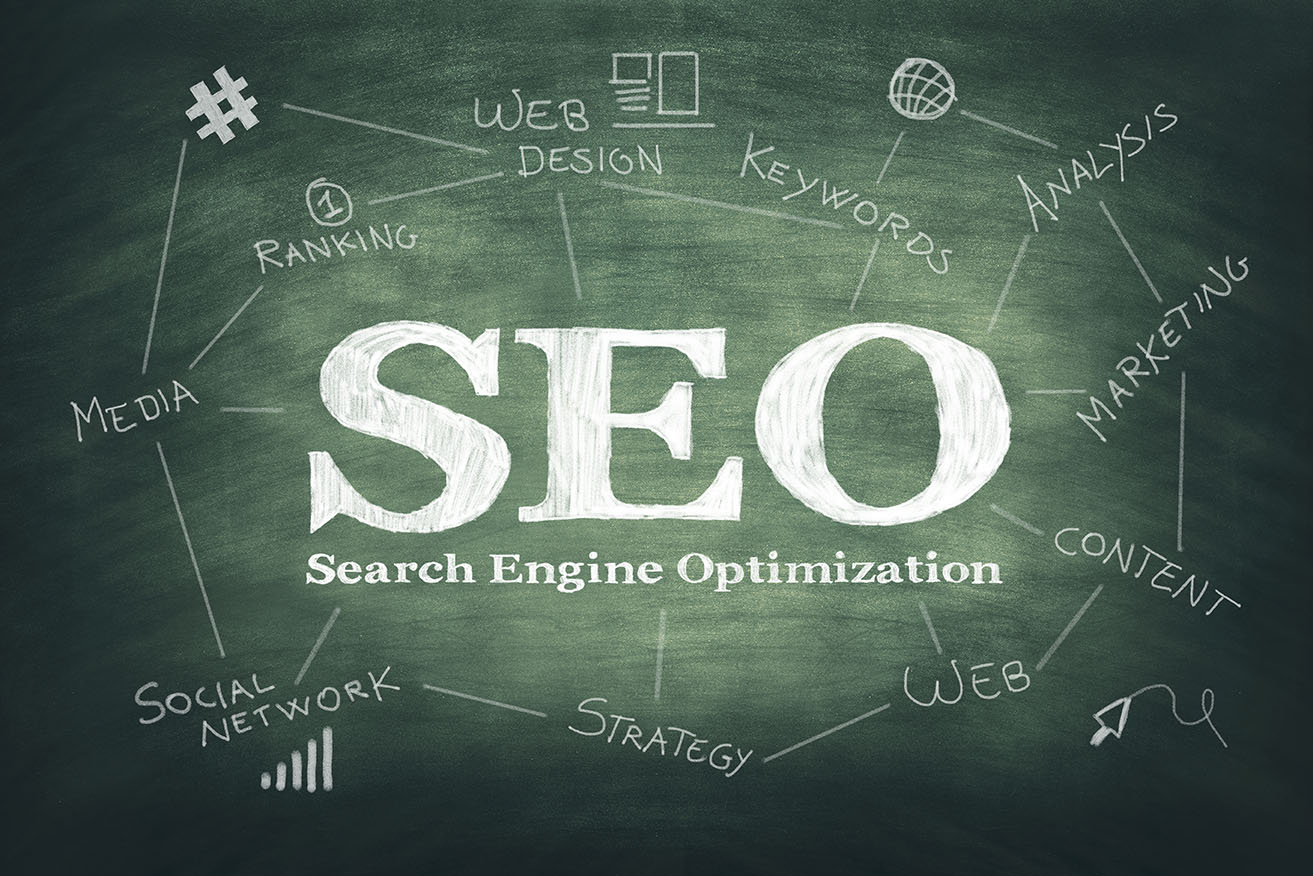Introduction to SEO
Search Engine Optimization, or SEO, is the art and science of enhancing your online presence to increase visibility and attract more visitors to your website through organic search engine results. Understanding SEO is crucial for anyone looking to improve their website’s performance and overall online engagement.
If you are interested in launching your personal or business website, Aventine Digital can take your vision to reality!
Why is SEO Important?
SEO is essential because it makes your website more visible, which means more traffic and more opportunities to convert prospects into customers. It’s also a valuable tool for brand awareness, building relationships with prospects, and positioning yourself as an authoritative and trustworthy expert in your field.
Getting Started with SEO: A Step-by-Step Guide
1. Understand How Search Engines Work
Before you can optimize your site, you need to understand what you are optimizing for. Search engines such as Google, Bing, and Yahoo use algorithms to crawl the web, going from site to site, gathering information about those sites, and indexing them. Think of the index like a giant library where a librarian can pull up a book (or a web page) to help you find exactly what you’re looking for at the time.
2. Optimize Your Website’s Structure
A well-organized website helps search engines understand your website’s content and how different pages are interconnected. This involves:
- Creating a logical hierarchy in your website’s structure.
- Using a simple, intuitive navigation menu.
- Ensuring each page is reachable through text links.
3. Keyword Research: The Foundation of SEO
Keywords are words and phrases that prospects use to find online content, and that brands can then use to connect with prospects who are looking for their products and services. When it comes to optimizing your content, it is crucial to include relevant keywords in:
- Titles
- Headers
- Body text
- URLs
- Meta descriptions
4. Produce High-Quality Content
Content is king in SEO. Not only does content need to be high quality, informative, and relevant, but it also needs to be refreshed regularly to earn search engine’s favor. Keep your audience in mind as you write content that’s easy to read and engaging.
5. Optimize On-Page Elements
On-page SEO factors are the elements of a webpage that influence search engine ranking. Key components to focus on include:
- Title tags
- Headings
- Internal links
- Image alt attributes
6. Link Building: Boost Your Pages with External Links
Backlinks—links from other sites to yours—are one of the top ranking factors for most search engines. Obtaining backlinks from reputable sources can drastically improve your search engine rankings.
7. Measure SEO Performance
Tracking your SEO success involves monitoring key metrics like:
- Traffic
- Rankings
- Conversions
- Bounce rate Utilize tools like Google Analytics and Google Search Console to keep tabs on your progress and identify areas for improvement.
Patience and Persistence Pay Off
SEO is not a one-time setup but a continuous process. Search engines are constantly updating their algorithms, and competitors are always improving their websites. Staying informed and adapting your strategies is crucial. With time, dedication, and strategic implementation, you can achieve and maintain good search rankings.
Embarking on your SEO journey doesn’t have to be intimidating. Start by mastering these basic principles, and continuously expand your knowledge and skills. Remember, the most successful SEO strategy is one that is informed by real data and adjusted with the latest industry trends.
If you are interested in launching your personal or business website, Aventine Digital can take your vision to reality!
